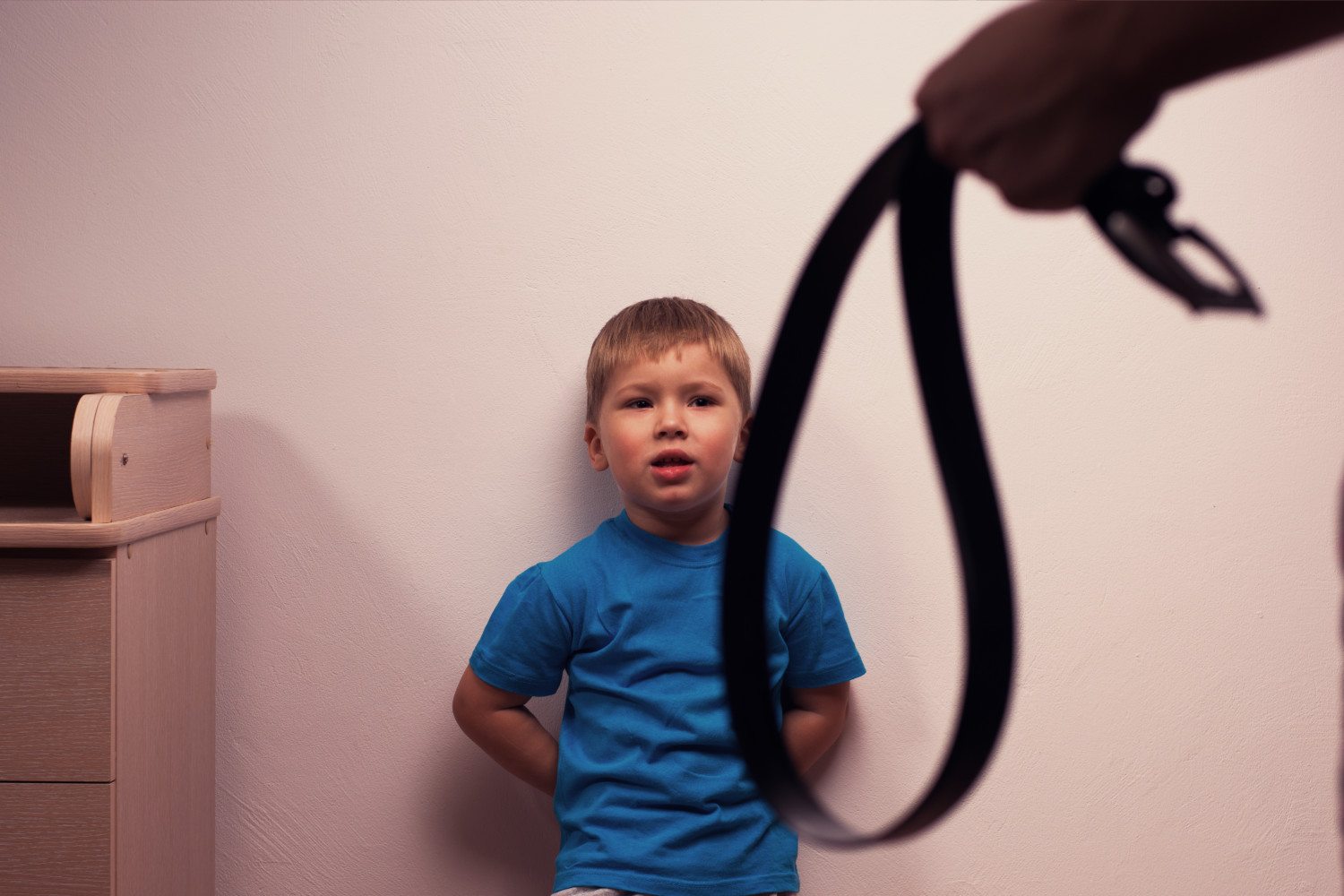Estimated reading time (in minutes)

Do parents risk penalties if they spank their child? What the law says ?
In principle, no
Spanking could be equated with violence, and violence is punishable by the Penal Code. The penalty is 3 years imprisonment and a fine of 45,000 euros for violence against a minor under 15 years old. Indeed, the law does not expressly prohibit spanking as such, but it does not authorize it either. There is a real legal void. In reality, spanking is tolerated in the family setting .
Cases condemned by the courts
Cases related to spanking have already been tried by the courts. The correctional courts rule on a case-by-case basis according to a sovereign assessment. It has happened that a criminal court sentences a mother to a 6-month suspended sentence for a slap, and that another court acquits a father for a particularly violent spanking.
The Court of Cassation recognizes, for its part, a legitimate right of correction in the family. For example, the Court of Cassation recognized in a judgment that the slaps given by a babysitter to a baby did not constitute an offence. To date, in 27 out of 47 European countries, spanking is formally prohibited and condemned by the courts.
No spanking at school
Corporal punishment, including spanking, has been prohibited in schools in France since 1887. A National Education circular from 1991, confirming the previous circulars, recalls this prohibition. Teachers can therefore be prosecuted for violence and sentenced to penal sanctions. They also incur disciplinary sanctions: transfer, suspension, layoff… The 1990 International Convention on the Rights of the Child also specifies that school discipline must respect the dignity of the child. Very recently, a criminal court sentenced a teacher to a fine of 500 euros for having slapped a pupil who had insulted him.
NB:
Article 222 of the Equality and Citizenship law, adopted on November 23, 2016, concerns the question of parental authority, and more specifically the way in which it is defined in article 371-1 of the Civil Code. Here is the planned change compared to the initial drafting of this article: “[Parental authority] belongs to the parents until the majority or the emancipation of the child to protect him in his safety, his health and his morals, to ensure his education and enable his development, with due respect to his person and excluding any cruel, degrading or humiliating treatment, including any recourse to physical violence. »
In December 2016, after the adoption of the law, family law lawyer Myriam Mouchi considered that this measure had “above all a symbolic and moral significance”. What changes would the article bring? The text would be “read by the mayor during wedding celebrations” and “carried to the family booklets”?
It was also a form of response to the Council of Europe and the UN, which criticized France for not having clearly prohibited all forms of corporal punishment against children.
In its decision published on Thursday, January 26, 2017, the Constitutional Council considered that article 222 of the Equality and Citizenship law “has no link, even indirect”, with the initial content of the law. However, any provision added to a bill must relate to a subject already included in the text. The Elders therefore pointed to an “off topic” and considered that article 222 had been adopted “according to a procedure contrary to the Constitution”. Result: the amendments provided for by this article “are therefore contrary” to the Constitution.
The question therefore remains open since the members of the Constitutional Council did not comment on the merits, that is to say on the question of physical violence inflicted on children by their parents. They contented themselves with examining the form of the text of the law and identified this drift committed by parliamentarians.
DAMY Law Firm , Nice, Is spanking prohibited? Update 2022.
